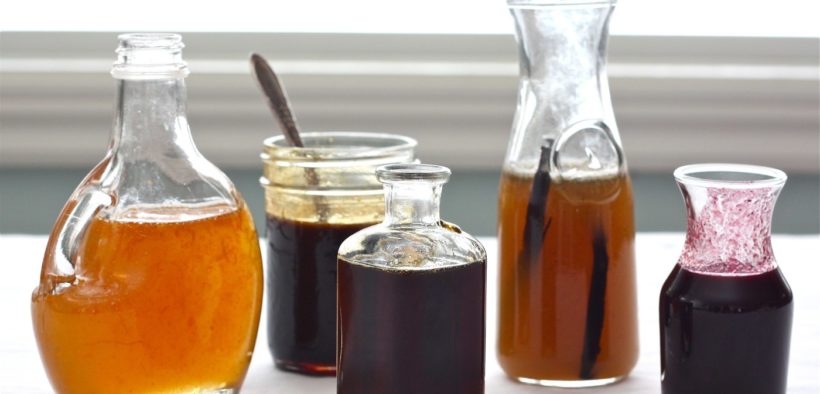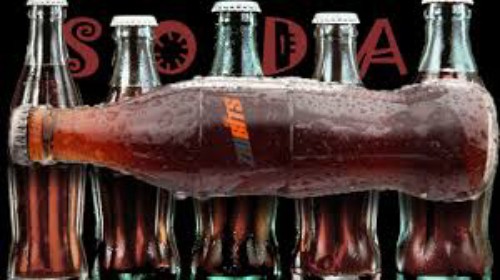Possible Association of Increased Sugary Drinks Consumption with Cancer

There is an increase in consumption of sugar and sugary drinks worldwide in the last few decades and its adverse impact on the cardio-metabolic health of humans is well known. The health-related problems are thought to be because of the associated increased risk of weight gain, actually getting overweight and the obesity leading to a greater incidence of type 2 diabetes, independent of adiposity; a higher risk of hypertension and with cardio-metabolic death.
In 2010 Singh and associates put the estimated worldwide yearly deaths from diabetes and cardiovascular diseases at about 178 000, which was attributable to increased consumption of sugary drinks. In fact, increased consumption of sugary drinks was one of the behavioral factors that contributed most to the increase in global attributable deaths and disability-adjusted life-years between 1990 and 2016. It was observed that the summary exposure value which takes into account and correlates the extent of exposure (to sugar) by risk level and the severity of that risk’s contribution to disease burden increased by more than 40% from 1990 to 2016. In our last article, we had referred to a cohort study by Eloi Chazelas* and coworkers’ published in the May 2019 issue of British Medical Journal.
A cohort study is a type of medical research with an aim to investigate the causes of disease and to establish a link between risk factors and health outcomes. Cohort means a group of people and obviously as a representative sample across the society so as to reflect the picture. Prospective studies mean they are planned in advance and carried out over a future period of time. Thus a prospective cohort study is most likely to throw light on the association between say, food habits or lifestyle and disease which may establish an association or even causality. In either case, it provides a tool to modify the behavior with a view to influencing a reduction in disease occurrence.

Artificially sweetened beverages were initially envisioned as a healthier alternative, however, they are associated with a higher incidence of hypertension, obesity, and type 2 diabetes. Besides, some artificial sweeteners were suggested to increase glucose intolerance by altering the gut microbiota. In contrast, the association between sugary drinks and the risk of cancer has been less investigated.
This was the basis for the NutriNet-Santé* study. Launched in 2009, the 9 years observational ongoing web-based cohort study was aimed at the association between nutrition and health as a determinant of dietary behaviors and nutritional status. It specifically dealt with the correlation between the consumption of sugary drinks and cancer. The well planned and executed epidemiological study collected exhaustive data through questionnaires on lifestyle characteristics such as age, sex, education and smoking status; anthropometric data such as height and weight; dietary intakes, physical activity, and health status.
Other influencing factors such as the family history of diseases, menopausal status and most importantly drug use including hormonal treatment for menopause and oral contraceptives were collected for critical analysis. Dietary records were collected regularly for consistency in food intake and variability at weekends and also checked was weight variation, so vital for the final analysis. For sugar or sweetener intake, the NutriNet-Santé study included 97 sugary and 12 artificially sweetened beverage items such as all types of sugary drinks, soft drinks, and syrups to cover a broad range of sweetened drinks. For relevance, a cutoff was set at sweetened beverages containing more than 5% of simple carbohydrates which included 100% fruit juices, carbonated and noncarbonated soft drinks, syrups, sugar-sweetened cold or hot beverages, milk-based sugar-sweetened beverages, sports drinks, and energy drinks.

Artificially sweetened beverages group included diet soft drinks, sugar-free syrups, and diet milk-based beverages. The sugary drinks group consisted of 100% fruit juices (median sugar level 10.3 g/100mL) and sugary drinks (median sugar level 10.9 g/100mL). While no correlation was found for colorectal and prostate cancer, the study found that an increased consumption of 100% fruit juice was positively associated with overall cancer rate and an increased consumption of other sugary drinks (all except 100% fruit juices) was positively associated with overall cancer and breast cancer rate for a 100 mL/d increase, particularly in premenopausal women. It is worth reading the original research paper for understanding the research paper: ‘Sugary drink consumption and risk of cancer: results from NutriNet-Santé prospective cohort’ study from British Medical Journal* 2019 issue, to understand the depth of the work.
Though the authors suggest that these results need replication in other large scale prospective studies, they rightly conclude that their data support the relevance of existing nutritional recommendations to limit sugary drink consumption, including 100% fruit juice as well as taxation and marketing restrictions targeting sugary drinks, to potentially contribute to the reduction of cancer incidence.
Also Read …
- Sugar and Cancer: Can Sugar Reduction curb cancer risk?
- Eat Healthy To Stay Healthy
- Nutritious Protein
















